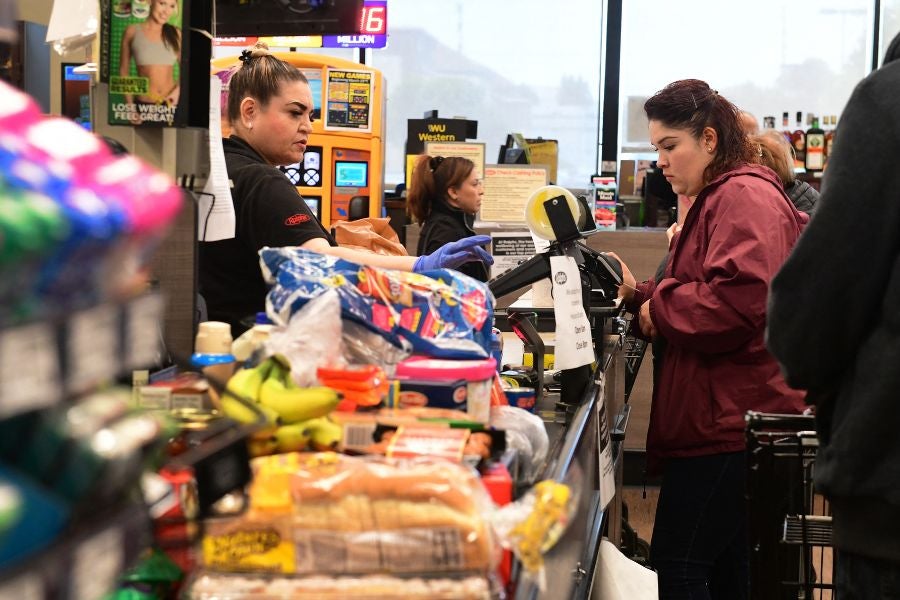Could you spare some change for your local grocery store?
Giant Eagle is so desperate for pennies that the retailer is hosting Penny Exchange Day – a one-day event on Saturday where customers can trade in their pennies for gift cards worth twice their value.
From 11 a.m. to 4 p.m. on November 1, customers of the Pennsylvania-based chain can trade 50 cents to a maximum of $100 in pennies for a Giant Eagle gift card worth double the amount. For example, $10 in pennies gets a $20 gift card.
“Retailers across the country are taking steps to maintain adequate supplies of pennies,” Bill Artman, Giant Eagle President and CEO, said in a statement. “At Giant Eagle, we saw a unique and fun opportunity to reward customers for joining our efforts. We invite everyone to check their change jars, desk drawers, and couch cushions to help keep pennies available for those who choose to pay with cash.”
Giant Eagle operates over 400 stores across Pennsylvania, Ohio, West Virginia, Maryland and Indiana.

“This proactive step allows the company to maintain accuracy and fairness while it awaits formal guidance from the U.S. government regarding future rounding practices,” Giant Eagle said.
Convenience store Sheetz is following suit. Customers can turn in 100 pennies for a free drink or donate to Sheetz For the Kidz, with donated coins recirculated for other customers.
The penny problem is a result of the U.S. Treasury phasing out penny production following President Donald Trump’s directive. These efforts by grocery and convenience stores aim to collect more coins to provide exact change for cash-paying customers.
The penny, first minted after 1792, now costs more to produce than its actual value, about 3.7 cents per coin in 2024.
However, many businesses are already facing shortages months ahead of schedule. By late September, several Federal Reserve coin distribution sites had halted fulfilling penny orders or accepting deposits.
The National Association of Convenience Stores warned that supply shortages are beginning to affect members, with more businesses likely to be impacted.
The penny shortage has also created legal challenges for retailers. In some states and cities, it’s illegal to round up transactions to the nearest nickel or dime, as laws require cash and card customers to be treated equally.
To avoid legal issues, many stores are rounding down instead, which can cost them significant amounts over tens of thousands of transactions. For example, Kwik Trip, a Midwest convenience store chain, rounds down every cash purchase to the nearest nickel.
Rounding down is expected to cost Kwik Trip about $3 million this year, according to a company spokesperson.
